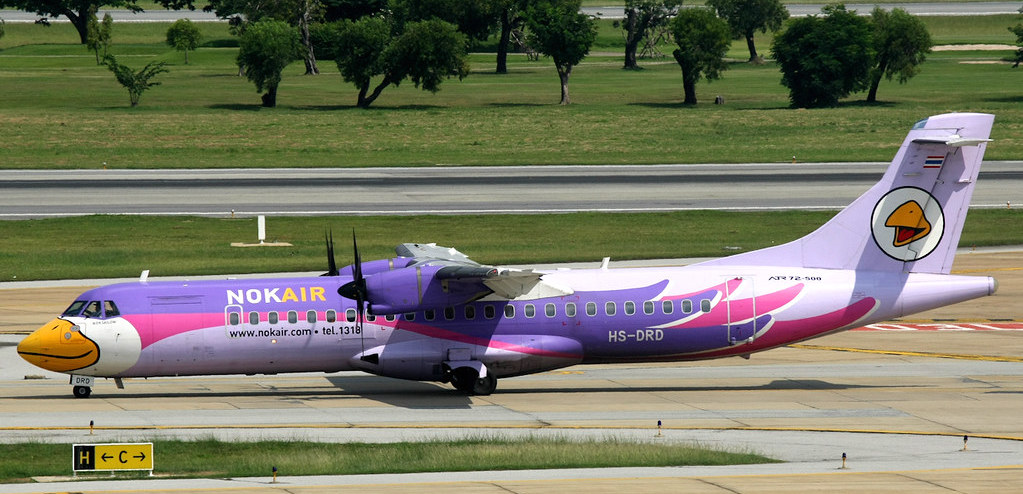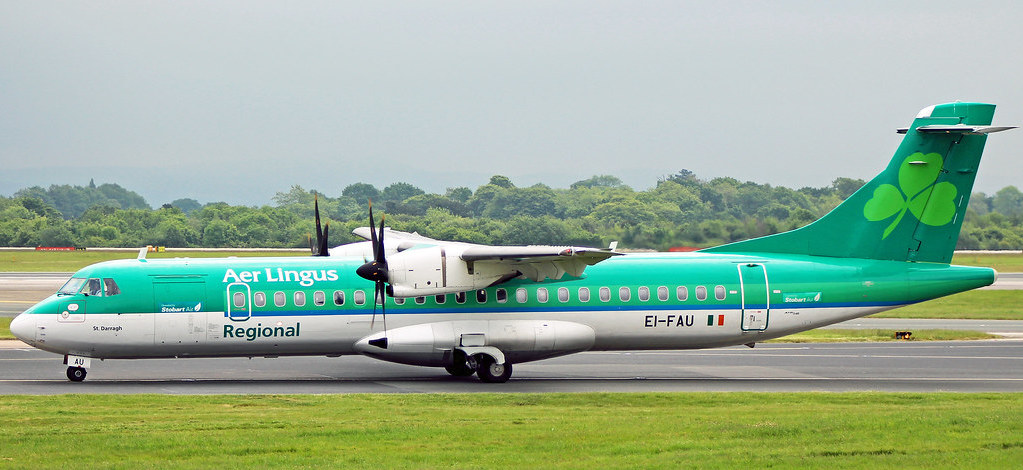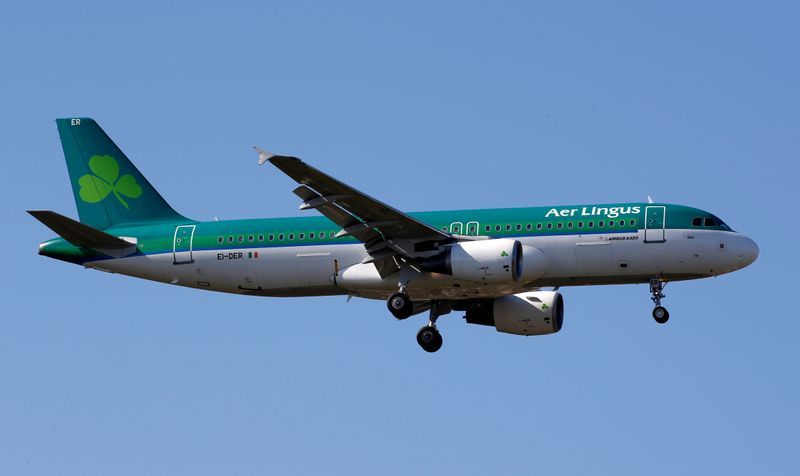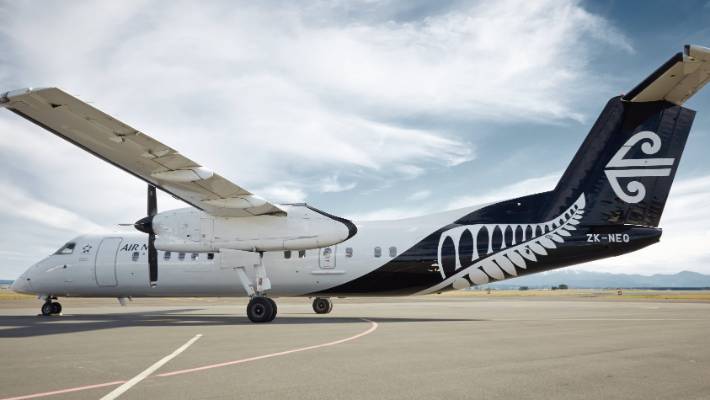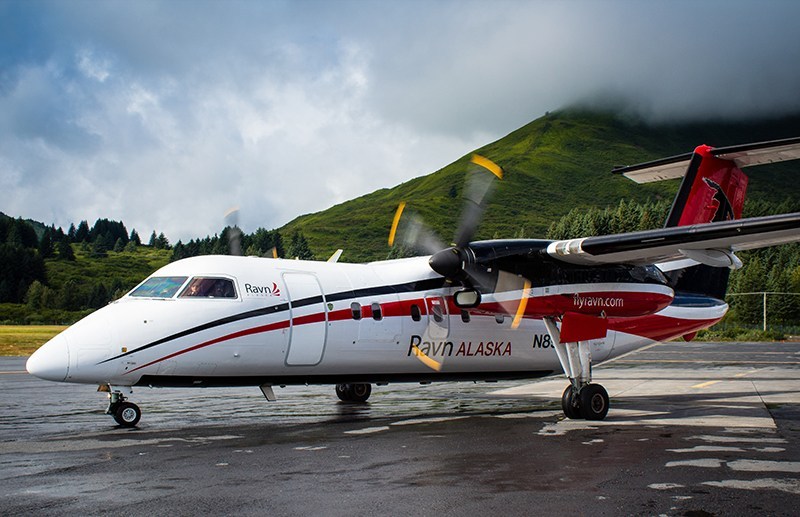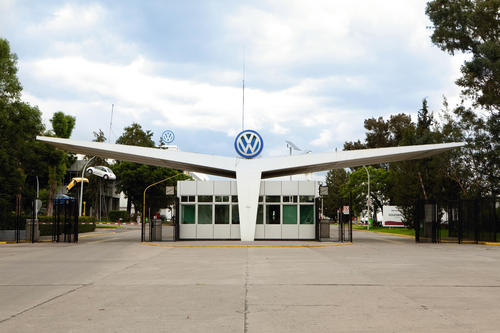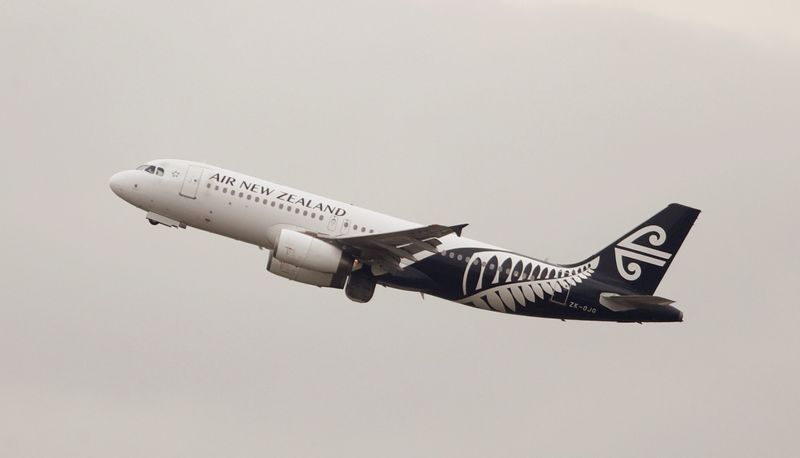- Trident Seafoods, Ocean Beauty Seafoods, Copper River Marketing Association and Tom Douglas partner to salute local medical professionals

More than 200 health care workers at Swedish Medical Center – Ballard will be among the first to enjoy the season’s first catch of prized Copper River salmon. Alaska Air Cargo this morning delivered the first catch of fresh, sustainable Copper River salmon to Seattle, which will be delivered to grocery stores across the country.
Helping fishing communities, fisheries and processors like Trident Seafoods, Ocean Beauty Seafoods and Cooper River Seafoods get the coveted salmon to market, often in less than 24 hours from being pulled from the water, is Alaska Air Cargo’s specialty. The airline plays a critical role in the economic vitality of Cordova, Alaska, where more than 50 percent of residents work in the fishing industry.
“Alaska Air Cargo has long been a partner of the Alaska seafood industry,” said Torque Zubeck, managing director of cargo for Alaska Airlines. “Now more than ever, we provide a critical service that directly impacts the economic vitality of the region. In Cordova alone, more than half of residents are directly involved in the fishing industry or related business.”
As a thank you for their efforts on the frontlines of the battle against coronavirus, Alaska Airlines, Trident Seafoods, Ocean Beauty Seafoods, Copper River Seafoods, Copper River Marketing Association and famed Seattle chef Tom Douglas are partnering to provide a delicious meal to health care heroes, and feed the community, while raising money for Food Lifeline.
“I love everything about Copper River salmon,” said chef Tom Douglas. “I love the richness of its delicate flesh and flavor. It’s very short season makes it a true delicacy. I am glad we get to share it with our health care workers and the Greater Seattlecommunity.”

Douglas will feature salmon donated by the seafood processors and the Copper River Marketing Association to prepare over 200 meals for Swedish Hospital medical professionals working on the frontlines of the coronavirus pandemic. Pilots, flight attendants and management employees from Alaska will be on hand Saturday to deliver the meals and thank workers for their efforts.
“We’re thankful for Alaska Airlines, Copper River Marketing Association, Trident, Ocean Beauty, Copper River Seafoods and especially Tom Douglas for providing our heroic health care workers at Swedish Ballard with the meal today,” said Swedish Ballard Chief Operating Officer Kasia Konieczny. “While this pandemic has been difficult for us all, it is great to see the community coming together, like these partners, to provide for one another.”
On Sunday, May 17, fish lovers are invited to partake in the festivities, while social distancing, of course. For a limited time and while supplies last, Trident and Douglas will be “Grilling for Good.” He and his Serious TakeOut team will prepare grilled Copper River sockeye salmon entrees available for purchase through the Tom Douglas website, with all proceeds donated to Food Lifeline.
Alaska Air Cargo transports more than 30+ million pounds of cargo annually—including seafood, mail and freight —and operates the most extensive air cargo operation on the U.S. West Coast of any passenger airline.
Alaska Airlines and its regional partners serve more than 115 destinations across the United States and North America, providing essential air service for our guests along with moving crucial cargo shipments, such as food, medicine, mail and e-commerce deliveries. With hubs in Seattle; San Francisco; Los Angeles; Portland, Oregon; and Anchorage, Alaska, the airline is known for low fares, award-winning customer service and sustainability efforts. With Alaska and its Global Partners, guests can earn and redeem miles on flights to more than 800 destinations worldwide. Alaska Airlines and Horizon Air are subsidiaries of Alaska Air Group (NYSE: ALK).


